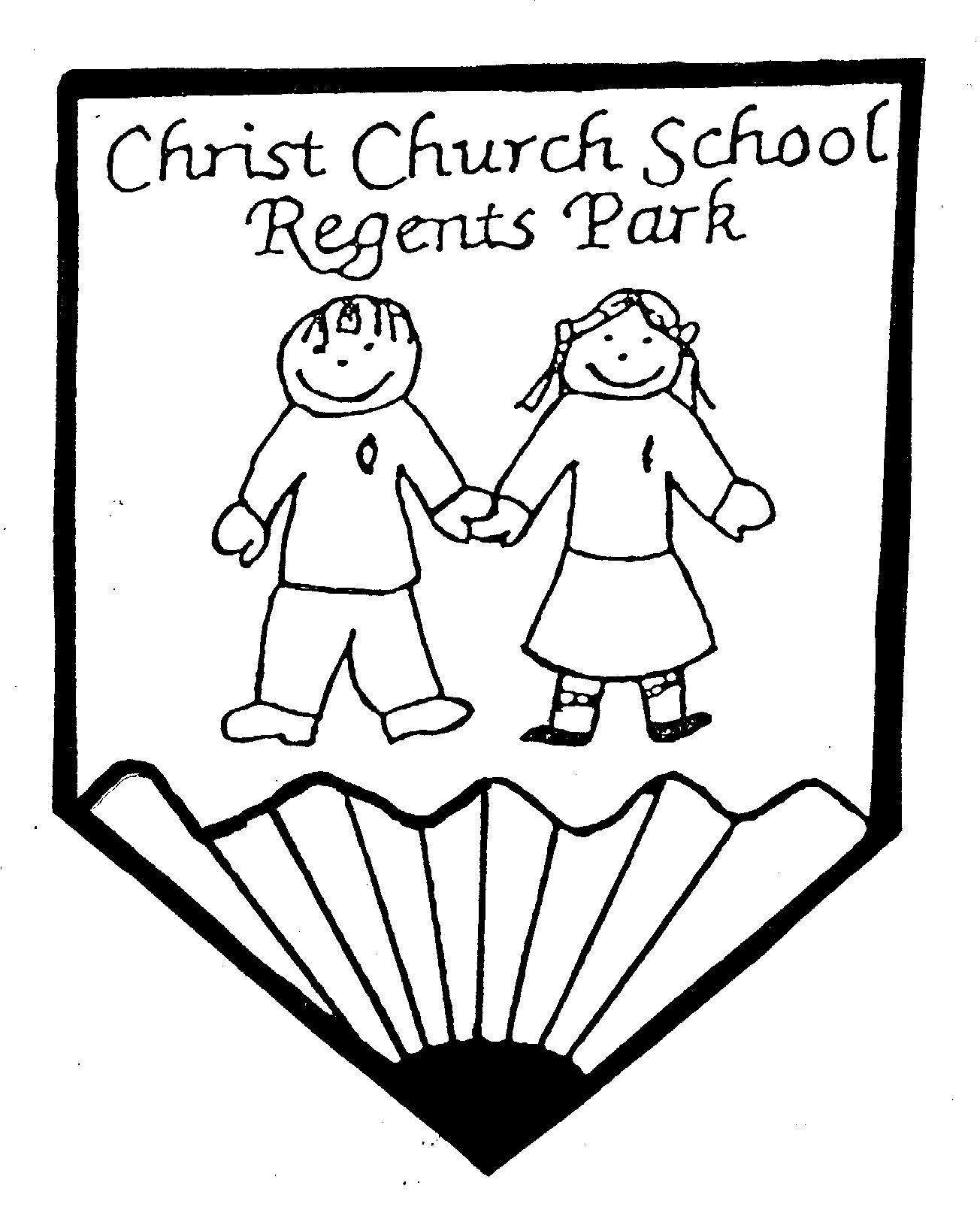History
The Christian faith is at the heart of our school community.
At Christ Church we all care, learn and work together for God and others.
‘For we are all God’s handiwork, created in Christ Jesus to do good works, which God prepared in advance for us to do’. Ephesians 2:10
Our Christian Values are
Creation, Community, Wisdom, Endurance, Thankfulness, Reconciliation
Intent
History is held in high regard at Christ Church Primary School. The school’s history curriculum draws from and makes full use of the immediate and wider local area, enabling children to develop a deep understanding of the rich history of their locality. This includes enrichment visits to local areas of historical interest and interaction with a range of people with knowledge of local history. History studies help our pupils understand the process of change and how this has shaped the diversity of different groups in society. Children will continually consider how the past influences the present.
Topics are informed by the national curriculum and are sensitive to children’s interests and cultural backgrounds as well as the context of the local area. In line with the national curriculum 2014, the curriculum at Christ Church aims to ensure that all pupils:
- Gain a coherent knowledge and understanding of Britain’s past and that of the wider world.
- Stimulate pupils’ curiosity to know more about the past;
- Are encouraged to think like historians, by asking perceptive questions, understand methods of historical enquiry, how to use evidence, think critically, weigh evidence, sift arguments, and develop perspective and judgement.
- Begin to understand the complexity of people’s lives, the process of change, the diversity of societies and relationships between different groups, as well as their own identity and the challenges of their time.
- To develop empathy: to understand why people have behaved as they did.
Implementation
History is taught in half-termly units throughout the year, so that children achieve depth in their learning. The history curriculum at Christ Church is progressive and carefully planned and structured to ensure that current learning is linked to previous learning. The key knowledge and skills that children acquire and develop throughout each unit have been mapped to ensure progression between year groups throughout the school. The spiral curriculum ensures that children return to concepts during their time in primary school, increasing in complexity each time. At the beginning of each new history topic, teachers refer to classroom timelines to develop children’s understanding of chronology. Each topic is introduced with reference to the chronology of previous topics (including those from previous years). The KWL strategy (What I Know, What I would like to know and what I have learnt) is used to check existing knowledge at the beginning of each history topic and this process informs a programme of study that is responsive to children’s interests. Key knowledge is reviewed by the children and rigorously checked and consolidated by the teacher. By the end of year 6, children will have a chronological understanding of British history from the Stone Age to the present day. They are able to draw comparisons and make connections between different time periods and their own lives. Interlinked with this are studies of world history, such as the ancient civilisations of Greece and the Egyptians.
History is assessed through continuous formative assessment and through ‘end of unit’ assessment. Retention of prior knowledge is assessed by class teachers at the start of each unit.
Each topic is regularly reviewed and updated to ensure that equality and diversity are promoted at every possible point. The school holds twice-yearly assemblies for pupils to share the knowledge and understanding that they have gained related to Black and Ethnic Minority History. The aim is that these themes are woven into the history curriculum so that pupils are taught a diverse range of British history throughout the year.
Cross-curricular outcomes in history are specifically planned for and there is a strong emphasis on development and rehearsal of Literacy skills through history studies. The school’s own context is also considered, with opportunities for visits to places of historical interest and learning outside the classroom also identified and embedded in practice. Visits to the local area and use of local artefacts, such as the use of maps and photographs local Victorian workhouses, also support contextualised learning, as well as the acquisition of key knowledge and systematic development of key skills. Planning is informed by and aligned with the National Curriculum. Teachers cater for the varying needs of all learners, differentiating activities where necessary and as appropriate, and ensuring an appropriate level of challenge. Outcomes of work are regularly monitored to ensure that they reflect a sound understanding of the key identified knowledge.
The Early Years Foundation Stage (EYFS) follows the ‘Development Matters in the EYFS’ guidance which aims for all children in Reception to have an ‘Understanding of the World; people and communities, the world and technology’ by the end of the academic year.
Using the School’s library Service resources, first hand experiences are provided from exploring artefacts, pictures, documents and maps.
Impact
Outcomes in history, Literacy books and cross-curricular work evidence a broad and balanced history curriculum and demonstrate the children’s acquisition of identified key knowledge.
Emphasis is placed on analytical thinking and questioning and children demonstrate a coherent knowledge and understanding of Britain’s past and that of the wider world, in addition to being curious to know more about the past. Understanding local, national and global history gives children a deeper understanding of humanity. Through this study pupils ask perceptive questions, think critically, weigh evidence, sift arguments, and develop perspective and judgement.
